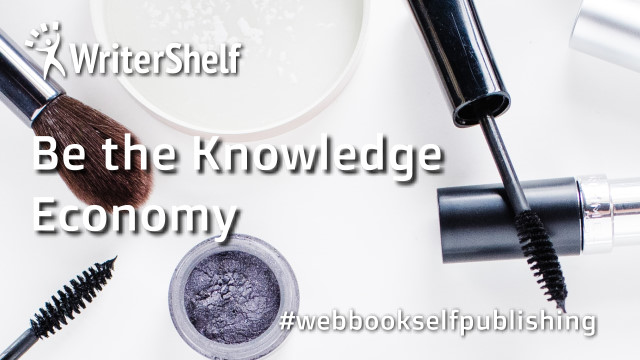Common Myths and Facts About CBD
724
0
·
2021/04/25
·
4 mins read
☕
WriterShelf™ is a unique multiple pen name blogging and forum platform. Protect relationships and your privacy. Take your writing in new directions. ** Join WriterShelf**
WriterShelf™ is an open writing platform. The views, information and opinions in this article are those of the author.
Article info
Categories:
⟩
⟩
⟩
⟩
Tags:
Total: 818 words
Like
or Dislike
More to explore









CBD Products have a lot of myths and rumors surrounding them, with multiple articles disproving or exaggerating the effects brought about by their consumption. Vague claims tend to further confuse consumers, making it difficult to distinguish the truth from false claims. Before using any CBD product it is important to conduct proper research.
Myths about CBD Products
Here are some of the common myths regarding CBD products:
All kinds of CBD are the same: This is not true. CBD in nature is found in plants. These plants can contain other cannabinoids, which when extracted, are also included in the final products. These are called full-spectrum products. For instance, a Full Spectrum CBD Tincture is different from a product that has CBD Isolate. An isolate is when CBD is extracted specifically and the product does not contain any other compounds extracted such as THC.
CBD cannot help any medical condition: This is not entirely true, as the use of CBD for medical treatment is still under research and CBD-based products are gaining more attention from the medical community. The FDA has approved a CBD-based product for the treatment of difficult seizures. This is in contradiction with cannabis's status as a Schedule 1 drug (a drug with no medical value).
CBD affects everyone in the same way: CBD does not work the same for everyone. CBD is an adaptogen that works according to the needs of the body. The impact CBD will have on the consumer will depend upon the health and genetic factors of the individual. Every individual's endocannabinoid system will work in different ways with the CBD that they consume. The impact of CBD can even change based on how the product is being consumed. CBD Vape Oil won’t affect the consumer the same way that an edible would. Lifestyle also plays an important role here.
CBD is the same as Hemp Seed Oil: To claim that CBD is the same as Hemp seed oil is also false. Although both are extracted from the hemp plant, they are not necessarily the same. This is because Hemp seed oil is extracted specifically from the seeds of the plant. These may contain various nutritional substances but they contain little to no CBD. CBD oil is made from the leaves, flowers, and stalks of the plant. Thus, hemp seed oil will not have the same effect as CBD oil either.
No research has been done on CBD: This is untrue as there are universities in the US that have been permitted to research the product. There is a study done on the effects of CBD at Columbia University on glioblastoma, and how it impacts the cells. There has also been researching done outside of the USA. The US Government itself has funded some of these studies.
Important Facts regarding CBD Products
While it is important to avoid myths regarding CBD products, it is also essential to know some basic facts about the product before using it. Here are some facts about CBD that may interest a consumer:
CBD is not intoxicating: While CBD cannot induce a high, it is also not completely non-psychoactive. It can be explained by looking at how CBD works. CBD contains a chemical that does activate the CB1 receptors in the brain, but not to the extent as THC does. Products like CBD Gummies cannot produce the effects that THC does, such as affecting the awareness and state of consciousness of the consumer.
CBD is found in Hemp and Marijuana: Marijuana plants have hundreds of similar compounds that can be found in them, with CBD being one of those compounds. Thus CBD is not found exclusively in hemp plants. Charlie Thompson, an expert cannabis botanist, and plantsman as well as the Chief Editor at Divine Hemps, also adds that marijuana generally contains higher amounts of CBD than hemp. However, marijuana isn't a legal source for CBD.
Hemp is a legal source of CBD: Hemp strains tend to contain around 0.2% THC or even less. As long as the amount of CBD extracts from hemp remains within this limit, the product is considered legal. This law is applicable in countries like the UK and the EU. Marijuana, however, contains significantly more THC. The amount of THC that can be extracted from marijuana is from 5-30%, making it illegal. In the United States, CBD can only be extracted from hemp, any other source is illegal even if it contains no THC.
CBD has a long history of usage: Traditional medicine has always made use of CBD to cure similar conditions as we do today. As CBD is one of the major components of hemp, it has been used for centuries throughout the world. The use of CBD has been documented in Europe as well as Egypt, India, Japan, and China. It may have been used to deal with conditions such as anxiety, sleep disorders, pain, or to treat cramps.